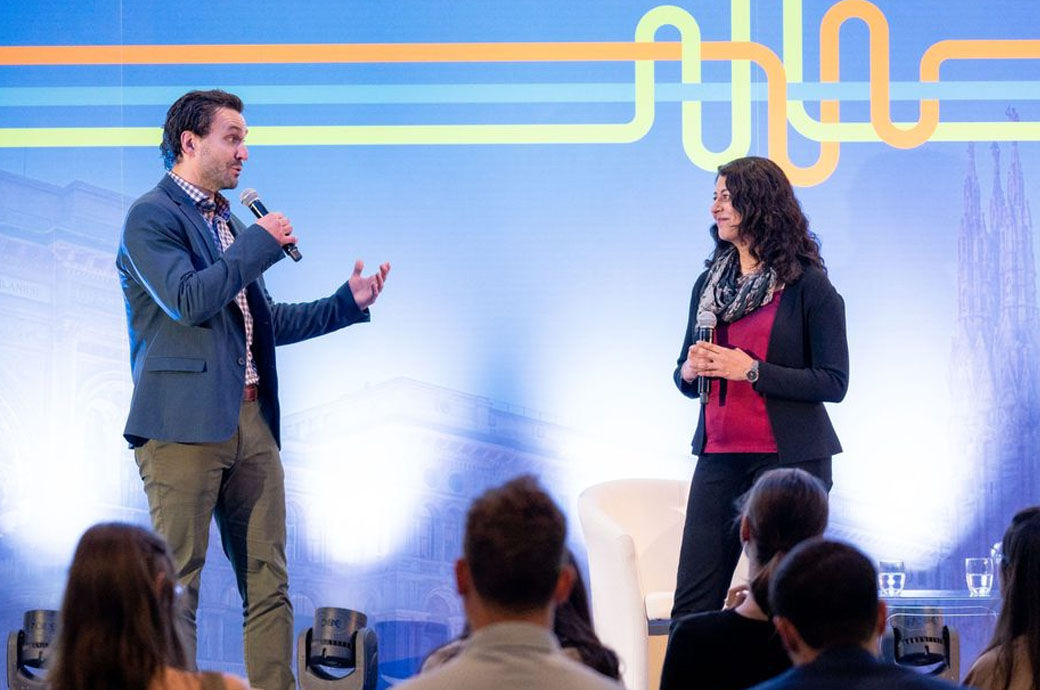
There is no doubt that the textile and apparel industry must transform to better serve the needs of people and the planet, and the recent Intergovernmental Panel on Climate Change (IPCC) report heightened the urgency with which everyone needs to work together to combat and reverse the effects of climate change. To help us keep within the 1.5°C limit, the textile and apparel industry needs to reduce its emissions by at least 43 per cent by 2030 compared to 2019 levels, and at least 60 per cent by 2035.
To help the industry achieve these targets, the SAC is collaborating with Aii on a number of key areas including research and ecosystem development related to unlocking finance to support the decarbonisation of the industry; establishing a clear, standardised journey for suppliers, manufacturers, and brands setting impact targets; creating action plans; and tracking climate-related achievements, and industry engagement, on reporting and data sharing. Under this partnership, the first detailed agreement signed is focused on supporting the continued progress and development of the Climate Solutions Portfolio (CSP), a registry of proven carbon reduction solutions for the apparel industry, and the Fashion Climate Fund (FCF), a donor collaborative funding model to support the reduction of carbon emissions in the textile, apparel, and footwear industries’ supply chain, across tiers 1-4.
“We are delighted to be partnering with Aii on this project. As an organisation united by the belief that partnership is the new leadership, we see this collaboration as a unique opportunity to leverage our collective knowledge and technical expertise to drive meaningful change at scale. With time running out for us to reverse the worst impacts of climate change, the challenge we are facing is unprecedented and we cannot afford to lose any more time. We must, therefore, come together to co-create solutions that work towards a shift to a more responsible industry and deliver positive benefits to people and the planet,” Andrew Martin, executive vice president at the Sustainable Apparel Coalition, said.
“We are pleased to be furthering our long-standing relationship with the SAC. The organisation has been an incredible support and a valued resource to many of Apparel Impact Institute’s initiatives and projects. We are at a critical point for our planet where we need to translate this momentum into real action immediately. Every player across the apparel & footwear industry’s value chain – large and small – has the collective power to do just that. We feel that our partnership with the SAC will only further that momentum,” Kurt Kipka, Apparel Impact Institute chief impact officer, said.
As an organisation committed to leading the industry towards a shared vision of sustainability based on a multi-stakeholder approach, the SAC believes in the power of partnership to scale impact. Only through strategic collaborations with stakeholders across the industry to co-create and scale solutions can we catalyze the change we urgently need as we work towards a more responsible and sustainable textile and apparel industry, SAC said in a press release.
Both the SAC and Aii are also founding members of the apparel alliance, alongside Textile Exchange and ZDHC. The alliance partners work to align goals, solutions, tools, and reporting, as well as events and training, to create a connected, end-to-end path to action for the entire apparel and footwear industry as they take collective steps to achieve a minimum goal of 45 per cent reduction in GHG emissions by 2030.
Fibre2Fashion News Desk (RR)